Social Media on Real Estate
- By Damian Gerry
Social media and digital marketing have had a significant impact on the real estate industry in recent years. These tools have given real estate professionals new ways to connect with buyers and sellers, and have made it easier to showcase properties and reach a wider audience.
One of the most significant impacts of social media on real estate is the ability to connect with potential buyers and sellers in a more personal and interactive way. Platforms like Facebook, Instagram, and Twitter give real estate professionals the opportunity to engage with their audience and build relationships with potential clients. For example, real estate agents can post pictures and videos of properties they are listing, or share helpful tips and advice for buyers and sellers.
Digital marketing has also made it easier for real estate professionals to target specific audiences and reach potential buyers and sellers who are most likely to be interested in their properties. For example, using tools like Google AdWords and Facebook Ads, real estate agents can create targeted campaigns that reach specific demographics, like first-time home buyers or retirees. This allows agents to reach the right people at the right time, making it more likely that their marketing efforts will be successful.
Digital marketing and social media have also made it easier for real estate professionals to showcase properties and give potential buyers a better sense of what a property is like. Platforms like Instagram and YouTube make it easy for agents to share pictures and videos of properties, giving potential buyers a virtual tour of the property without having to physically visit the property. This is especially beneficial for remote or out of state buyers who are looking to purchase a property.
The use of virtual tours, virtual staging and 3D rendering are also becoming popular in the real estate industry. Virtual tours give potential buyers a realistic sense of what the property looks like, allowing them to take a walk-through of the property from the comfort of their own home. Virtual staging and 3D rendering allow potential buyers to see a property as it could look, even before it is built.
In conclusion, social media and digital marketing have had a significant impact on the real estate industry, giving real estate professionals new ways to connect with buyers and sellers, and making it easier to showcase properties and reach a wider audience. As technology continues to evolve and new platforms emerge, it’s important for real estate professionals to stay up-to-date and be prepared to adapt to new ways of doing business.
Contact us today to start!
Let’s dive into the dynamic intersection of social media and digital marketing with the real estate industry.
Let’s explore some common questions to provide clarity on how this digital landscape is reshaping the way we buy and sell homes.
How has social media transformed the real estate landscape?
Social media has revolutionized real estate by providing a dynamic platform for property exposure. It facilitates direct communication, builds brand awareness, and allows for engaging content that resonates with potential buyers and sellers.
Which social media platforms are most impactful for real estate marketing?
While multiple platforms play a role, Facebook, Instagram, and LinkedIn stand out in real estate marketing. Each caters to a specific audience, providing diverse opportunities for property promotion, client engagement, and industry networking.
How does digital marketing enhance property visibility?
Digital marketing amplifies property visibility through targeted ads, search engine optimization (SEO), and strategic content distribution. It ensures that properties reach a broader audience, increasing the likelihood of connecting with potential buyers.
Can social media influence the perception of a property?
Absolutely. Social media allows for visual storytelling, enabling real estate professionals to showcase the personality and unique features of a property. This, in turn, influences the perception of the property and attracts the right audience.
How do real estate professionals use social media to build their personal brand?
Real estate professionals leverage social media to showcase expertise, share industry insights, and connect with their audience on a personal level. Consistent and authentic content helps build a strong personal brand that resonates with clients.
What role do virtual tours and live videos play in digital marketing for real estate?
Virtual tours and live videos are powerful tools for digital marketing. They provide immersive experiences, allowing potential buyers to explore properties remotely. This interactive approach enhances engagement and builds a genuine connection with the audience.
How does social media advertising impact real estate campaigns?
Social media advertising enables precise targeting based on demographics, interests, and behaviors. This results in more effective and cost-efficient real estate campaigns, ensuring that properties are showcased to the most relevant audience.
Can social media foster community engagement for real estate professionals?
Absolutely. Real estate professionals use social media to engage with their local community, share relevant information, and participate in conversations. This engagement builds trust, strengthens relationships, and positions professionals as valuable community resources.
How do online reviews and testimonials influence real estate decisions?
Online reviews and testimonials are influential factors in real estate decisions. Potential clients often seek social proof before choosing a real estate professional. Positive reviews build credibility and trust, fostering a sense of confidence in the decision-making process.
In what ways can real estate professionals use social media for client education?
Real estate professionals use social media to educate clients about market trends, the buying or selling process, and industry updates. This educational content empowers clients, positioning them to make informed decisions.
How does the use of hashtags contribute to the discoverability of real estate content?
Hashtags categorize content and improve discoverability on social media platforms. Real estate professionals strategically use relevant hashtags to ensure that their content reaches a broader audience interested in specific property features, locations, or trends.
How can real estate professionals use social media for targeted marketing?
Real estate professionals leverage social media’s targeting features to tailor marketing efforts to specific demographics, locations, and interests. This targeted approach maximizes the impact of marketing campaigns and minimizes wasted resources.
Is there a risk of information overload on social media impacting real estate decisions?
While the abundance of information on social media can be overwhelming, real estate professionals counter this by curating content strategically. By providing valuable and relevant information, they help clients navigate the digital landscape and make informed decisions.
How does the immediacy of social media benefit real estate transactions?
The immediacy of social media allows real estate professionals to share time-sensitive information, such as new listings, market updates, or exclusive offers, in real-time. This rapid communication enhances the efficiency of transactions and keeps clients informed.
What precautions should buyers and sellers take regarding privacy on social media?
Buyers and sellers should be mindful of privacy settings on their social media profiles. It’s advisable to share sensitive real estate information in private conversations and to conduct transactions through secure channels to protect personal data.
How do real estate professionals use content marketing to engage their audience?
Content marketing involves creating valuable and informative content to engage and educate the audience. Real estate professionals use blogs, articles, videos, and infographics to share industry insights, market trends, and tips, building a relationship with their audience.
Can social media influence property values in a neighborhood?
Yes, social media can influence property values by shaping perceptions of neighborhoods. Positive community engagement, local events, and shared success stories contribute to a positive image, potentially impacting property
contact us today to start!
Related Posts
Mortgage Rates 2024
The State of the Housing Market
This Headline Grabs Visitors’ Attention
A short description introducing your business and the services to visitors.


